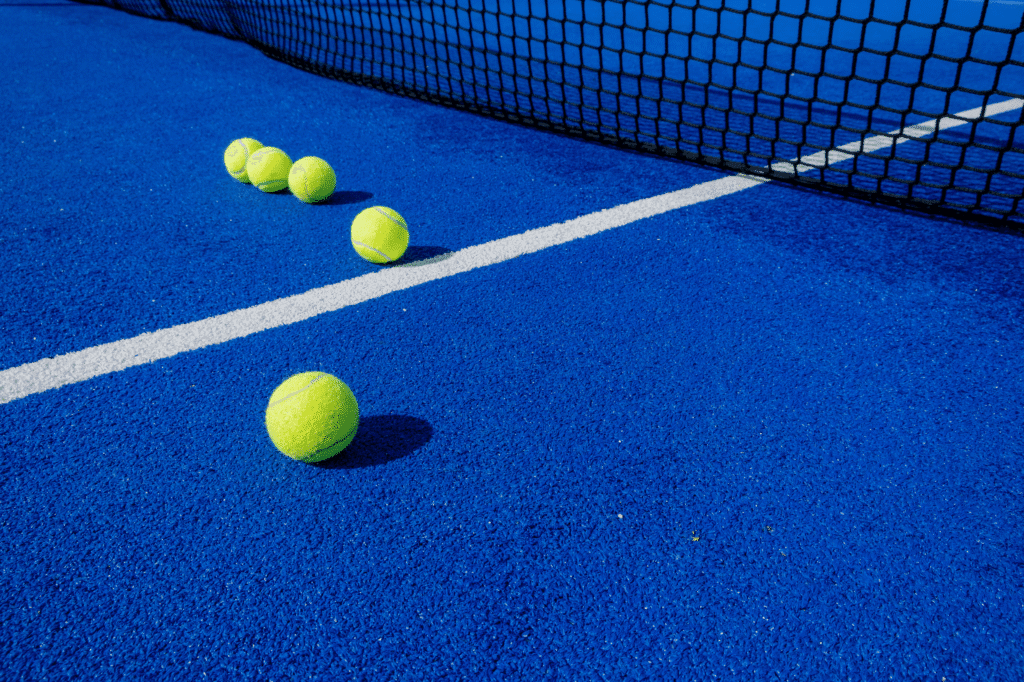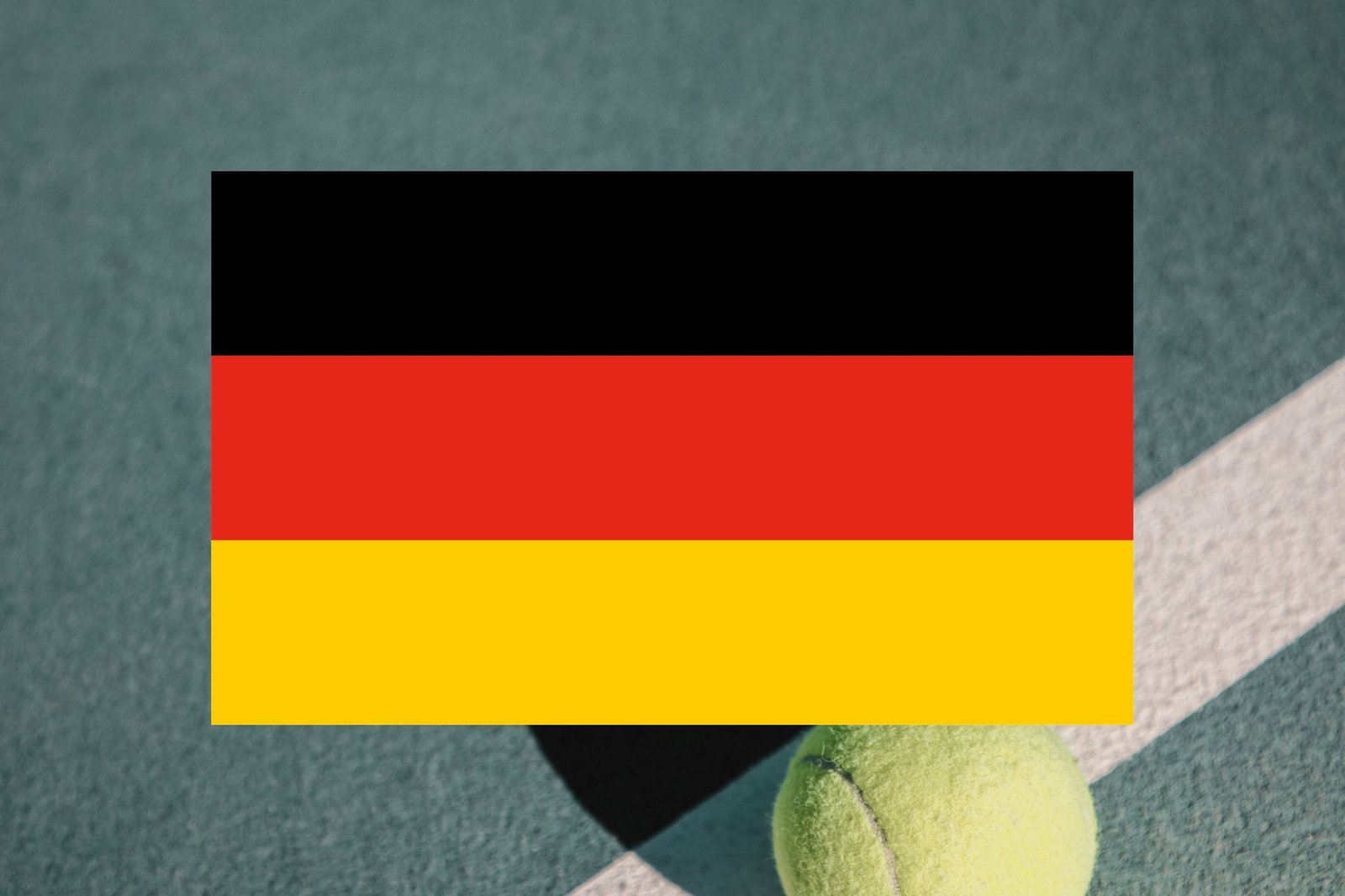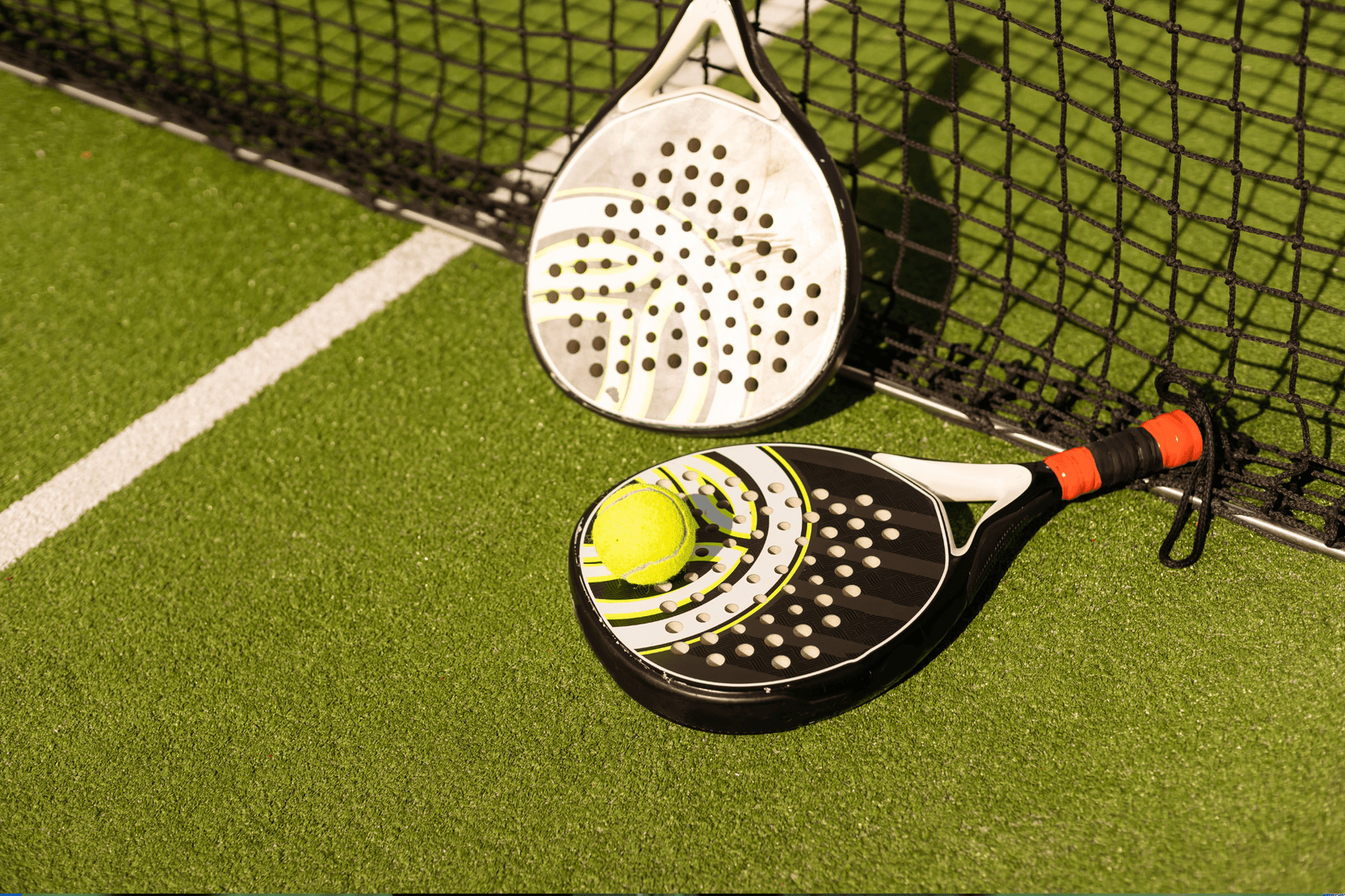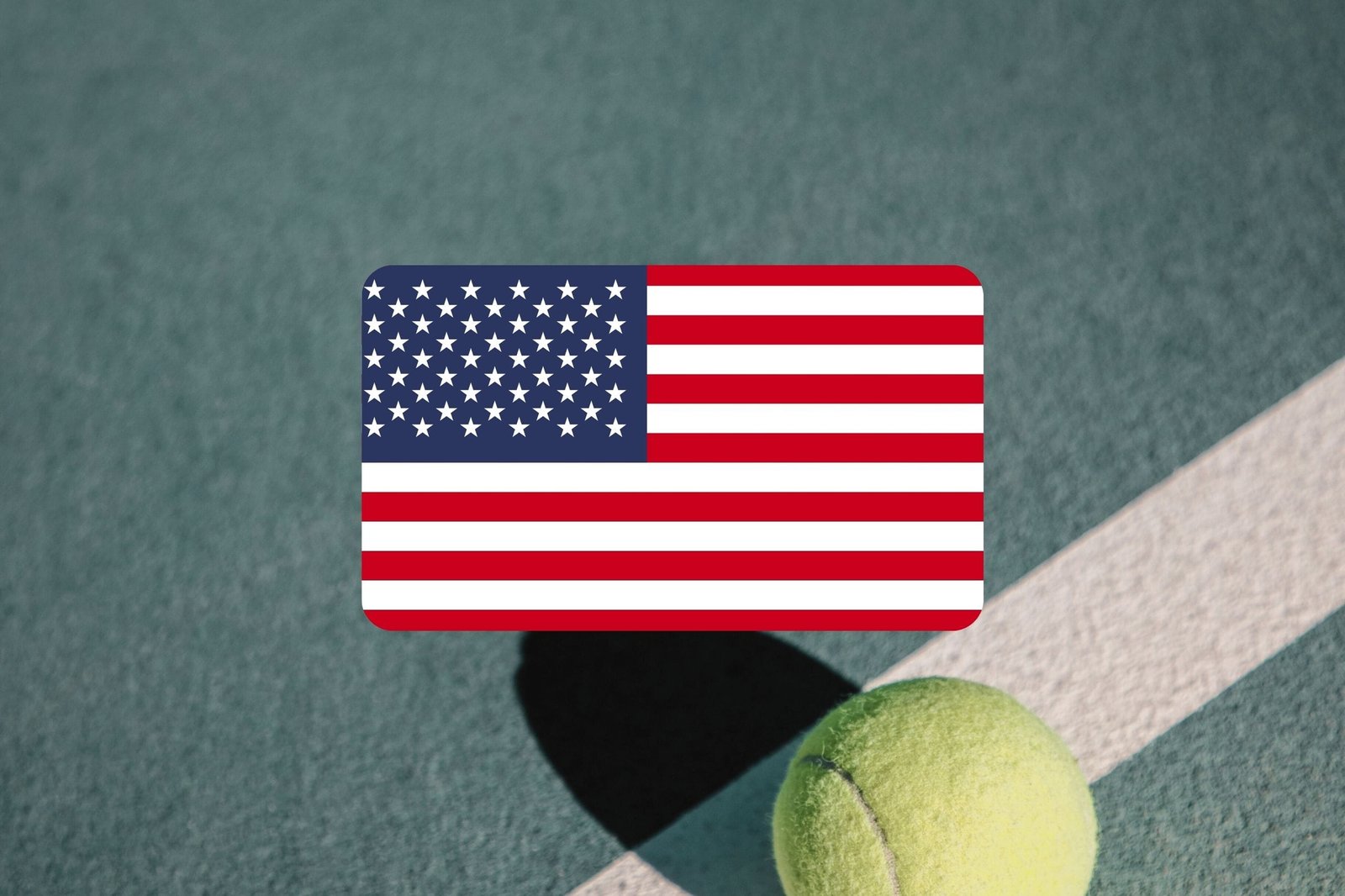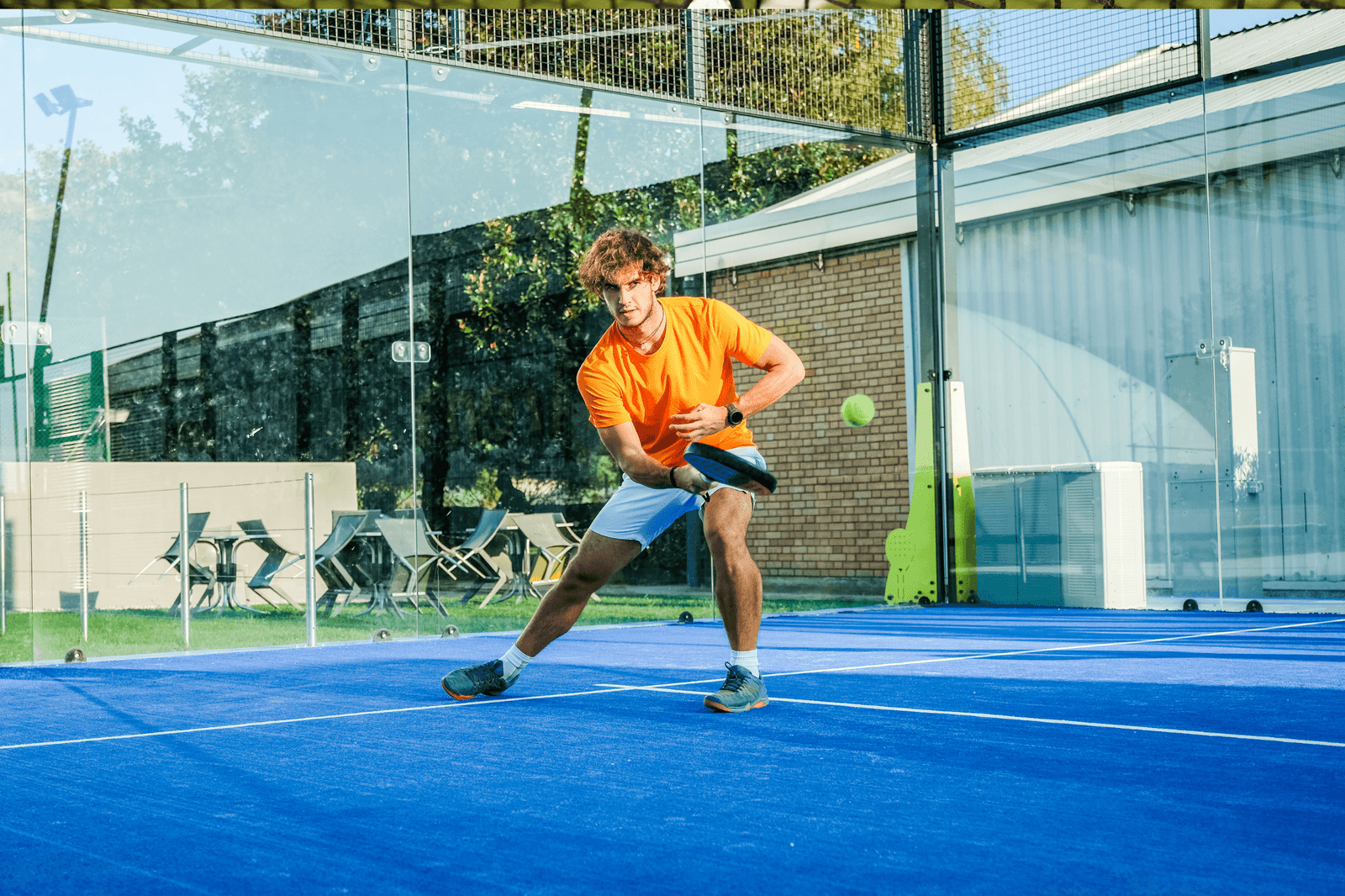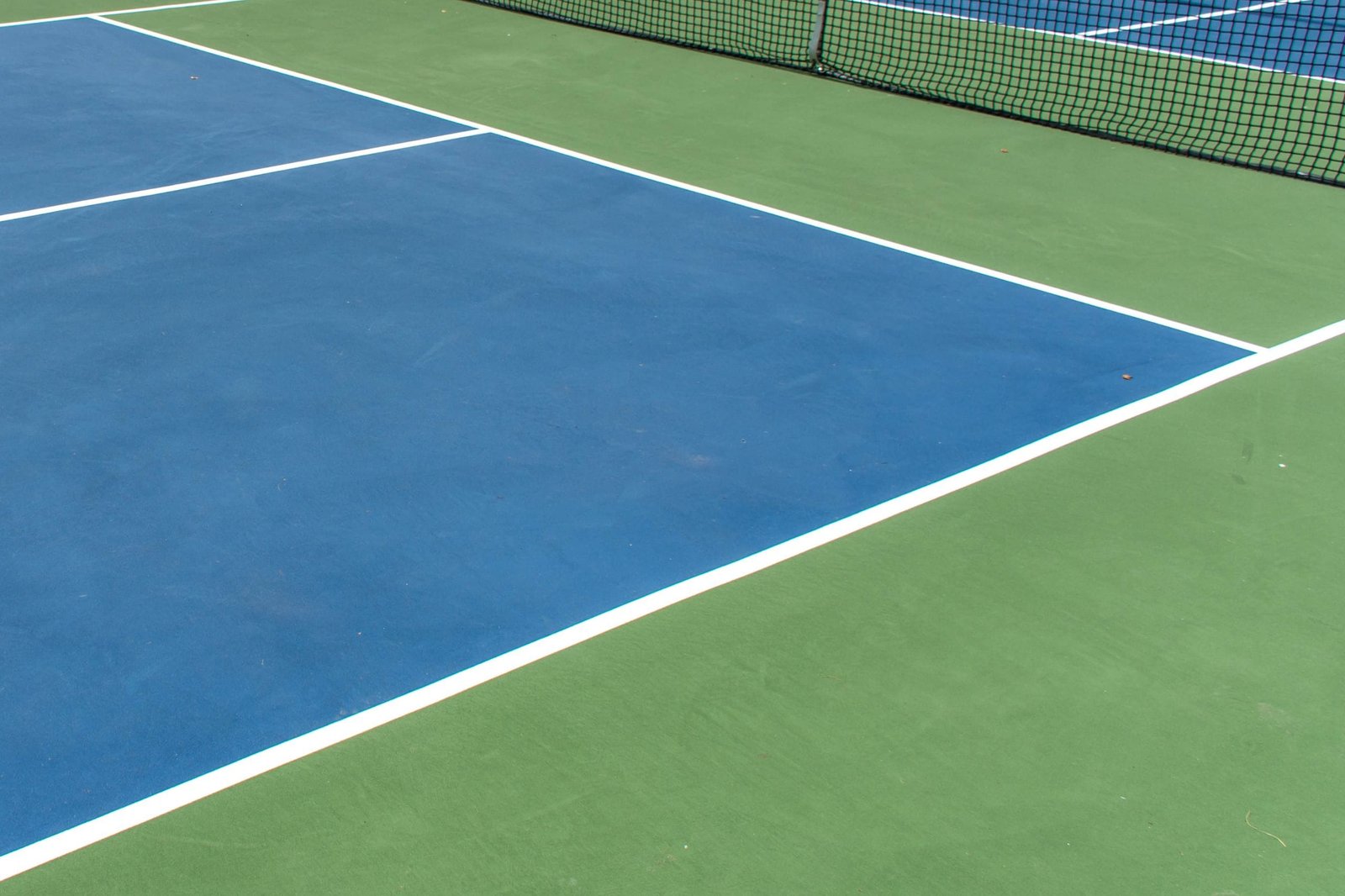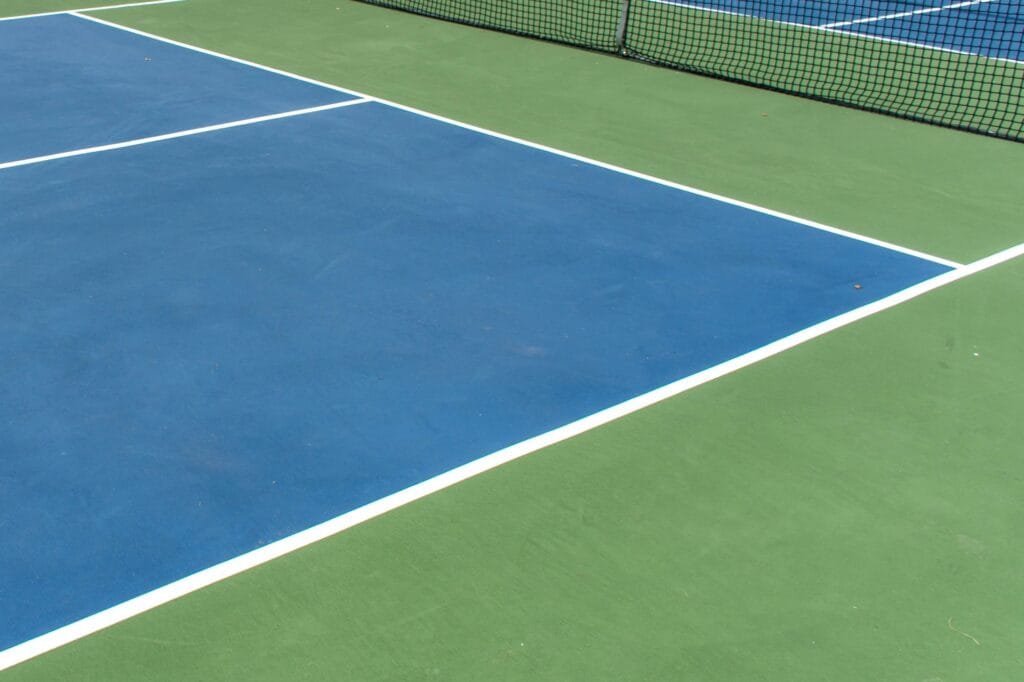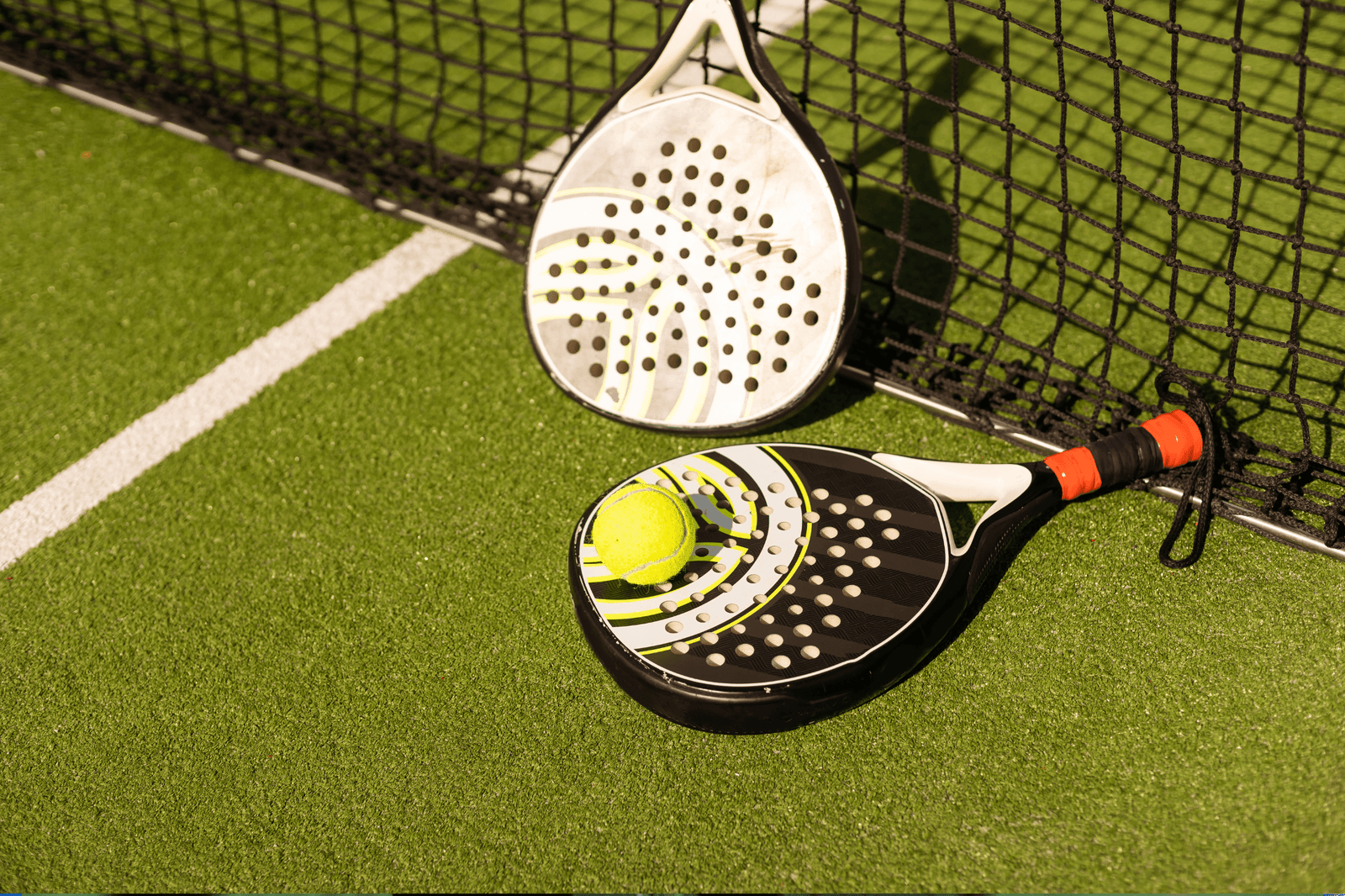
Padel is booming in the Netherlands. Cities like Amsterdam, Rotterdam, Utrecht, and Eindhoven are seeing a surge in new courts, clubs, and players eager to try this dynamic sport. Combining elements of tennis and squash, padel is fast-paced, strategic, and incredibly social. If you’re aiming to become a skilled padel player in the Netherlands, you’re in the right place at the right time.
Here’s how you can develop your game, stay consistent, and grow as a padel player across Dutch courts.
1. Understand the Game and Its Rules
The first step to becoming a strong padel player is learning the fundamentals. Understand the rules, how the scoring works, and how the walls are used during play. Unlike tennis, the glass walls on a padel court allow the ball to bounce and stay in play. Knowing how and when to use the walls is essential. Every player, especially in the early stages, should focus on this unique aspect of the game.
2. Get the Right Equipment
Every aspiring padel player in the Netherlands should start with proper gear. Choose a racket based on your skill level—beginners often benefit from a control-oriented model, while advanced players may choose something with more power. You’ll also need shoes designed for court sports, offering excellent grip and stability. Quality gear not only improves performance but also helps prevent injury, especially for a frequent padel player.
3. Work with a Coach
Getting professional coaching is one of the fastest ways to improve as a padel player. In the Netherlands, many clubs offer lessons for all levels, often taught by certified instructors. A coach can help you refine your shots, improve your footwork, and teach you game strategy. Even a few sessions a month can make a big difference for a developing padel player who wants to climb the ranks.
4. Practice Regularly With Variety
To grow as a player, you need to play consistently. Aim for at least two to three sessions a week, mixing games with drills. Vary your playing partners and opponents to get used to different styles and strategies. The more exposure you get to different types of play, the better your adaptability. A dedicated padel player uses every session as a learning opportunity.
5. Master Positioning and Teamwork
Padel is always played in doubles, which means teamwork is key. As a padel player, you must learn how to move in sync with your partner, communicate clearly, and cover the court efficiently. Understanding positioning helps you defend better and build points more effectively. In the Netherlands, where padel is often played in competitive club environments, smart positioning can give you a serious edge.
6. Use the Walls Effectively
One of the most important skills for any padel player is learning how to use the walls to your advantage. Inexperienced players often struggle with rebounds and awkward bounces. Practicing wall shots helps improve your defense and allows you to extend rallies. Advanced padel players in the Netherlands know how to use the walls not just to return difficult shots but also to set up winners.
7. Get Fit for Padel
Padel requires quick reactions, lateral movement, and endurance. A smart padel player incorporates fitness into their routine—agility drills, strength training, and cardio all help you perform better on court. Fitness is especially important if you’re playing in leagues or tournaments, which are common in Dutch clubs. A well-conditioned padel player will have more energy, recover faster, and avoid injuries.
8. Join a Padel Club
The Netherlands has a thriving network of padel clubs, many of which are affiliated with the Royal Dutch Lawn Tennis Association (KNLTB). Joining a club gives you access to coaching, regular matches, and social events. It also opens up the opportunity to join internal leagues or even local and national competitions. Being part of a community helps every padel player grow faster and stay motivated.
9. Watch and Learn From the Best
If you want to be a strong padel player, watch professionals play. Platforms like YouTube and the World Padel Tour stream top-level matches regularly. Observe how pro players position themselves, when they choose to lob, smash, or play soft. Many top Dutch padel players are also rising through the ranks—watching local talent can be both inspiring and educational for any aspiring padel player.
10. Be Patient and Stay Committed
Padel is a technical and tactical sport. As with any skill, becoming a great padel player takes time, patience, and regular effort. You’ll win some matches and lose others, but the key is to keep learning and enjoying the process. Stay committed, ask for feedback, and don’t be afraid to challenge yourself. A consistent and open-minded padel player will always make steady progress.
